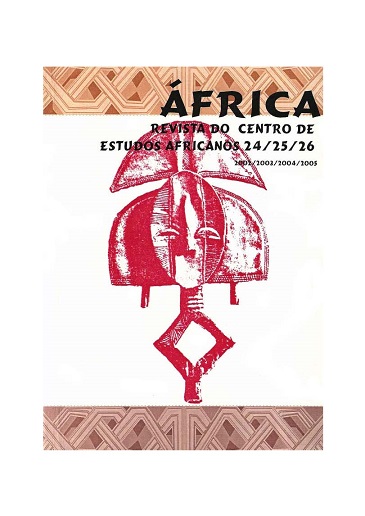A disgraceful journey into nothingness: criticism and interpretation – South Africa in literature – culture of violence and post-apartheid theid through “Disgrace” from J. M. Coetzee
DOI:
https://doi.org/10.11606/issn.2526-303X.v0i24-26p329-345Keywords:
literature, fiction, novel, South Africa, post-apartheid.Abstract
Set in post-apartheid and post-Truth-and-Reconciliation South Africa, Coetzee’s Disgrace (1999) is a disturbing novel illustrating the difficulty of erasing a culture of violence. Its central character, David Lurie undergoes the crisis of the white middle-class male intellectual living a time in history when so many minorities and oppressed groups are speaking for themselves and thus eroding the hegemony of the white knowing subject. An incarnation of the pilgrim, his journey into the new South Africa proves to be most tortuous and pushes through an unexpected territory, bearing resemblance to a rite de passage. Although David Lurie may be seen as exiting from a model and offering himself the possibility of making his own history, like the Byronic Don Juan he is rather slipping into a distorted history. Transcending textuality andhumanity then sinking into nothingness, Disgrace’s world is a wrong(ed) history.
Downloads
Download data is not yet available.
Downloads
Published
2009-12-09
Issue
Section
Artigos
License
A reprodução de qualquer dado, mesmo em resumo, de matéria contida nesta publicação, só será permitida com a citação do nome, número e o ano desta revista.How to Cite
A disgraceful journey into nothingness: criticism and interpretation – South Africa in literature – culture of violence and post-apartheid theid through “Disgrace” from J. M. Coetzee. África, [S. l.], n. 24-26, p. 329–345, 2009. DOI: 10.11606/issn.2526-303X.v0i24-26p329-345. Disponível em: https://www.journals.usp.br/africa/article/view/74333.. Acesso em: 28 may. 2024.





